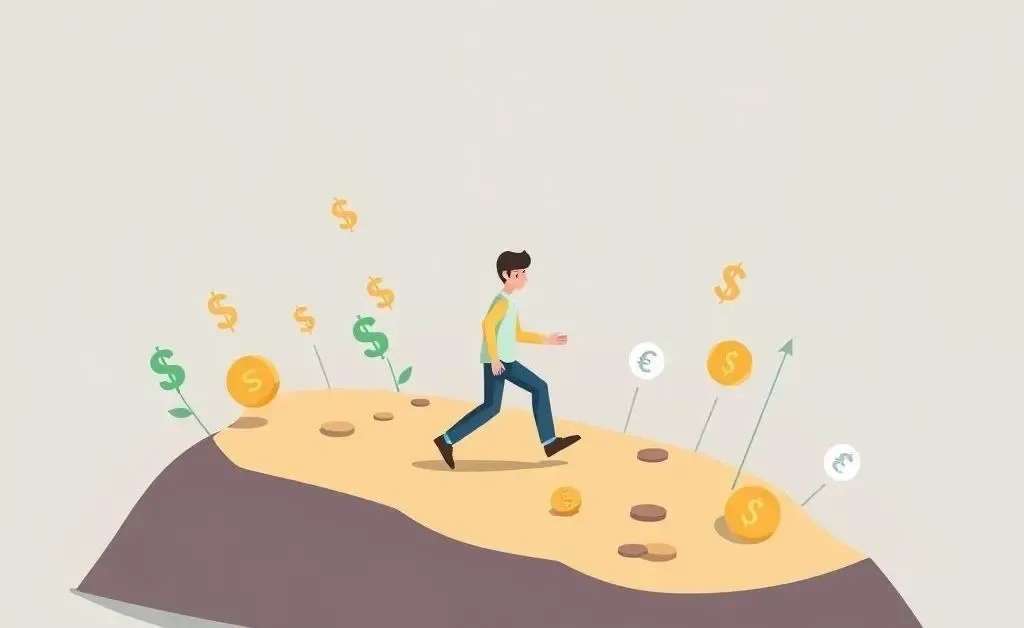How to Avoid Common Personal Finance Pitfalls
Discover practical tips to sidestep everyday financial mistakes and boost your financial well-being.

Ever find yourself trudging through the financial jungle and hitting unexpected pitfalls? You're not alone! Navigating the world of personal finance can be both an enlightening journey and a minefield. The good news? With a little foresight and planning, you can sidestep those common errors that trip so many of us up.
The Danger of Ignoring a Budget
If your finances feel more chaotic than organized, a lack of budgeting might be the culprit. Budgeting sounds dull, but it's your best tool to take charge of your money.
- Track your spending for one month to find patterns.
- Set realistic goals that allow for fun and necessities.
- Review and adjust your budget monthly.
Picture this: a friend of mine decided to wing it financially. She soon found herself wondering where her money went. Once she started budgeting, she discovered hidden expenses, like those daily lattes adding up to a whopping $100 a month. A simple adjustment helped her redirect funds to her travel savings instead.
Don't Fall for the Windfall Trap
Unexpectedly coming into money—say, through a bonus or inheritance—calls for a cool head. The temptation to splurge can be high, but consider long-term benefits first.
Imagine you receive a surprise gift of $5,000. It might be tempting to buy that big-screen TV you've been eyeing, but allocating a portion to savings or investment could grow your nest egg significantly over time instead.

Investing Without Understanding
The allure of quick stock market gains can be compelling, but jumping in without understanding can lead to regrettable choices.
Start small and build your knowledge base:

- Research basic investment terms.
- Consider risk tolerance before choosing investments.
- Consult reputable sources or professionals before making big decisions.
Conclusion: Continually Evolving Financial Habits
Financial literacy is an ongoing process, not a one-time task. By actively learning and planning, you can significantly improve your financial health.
What financial habit could you start today to create a better tomorrow? Share your thoughts in the comments!




